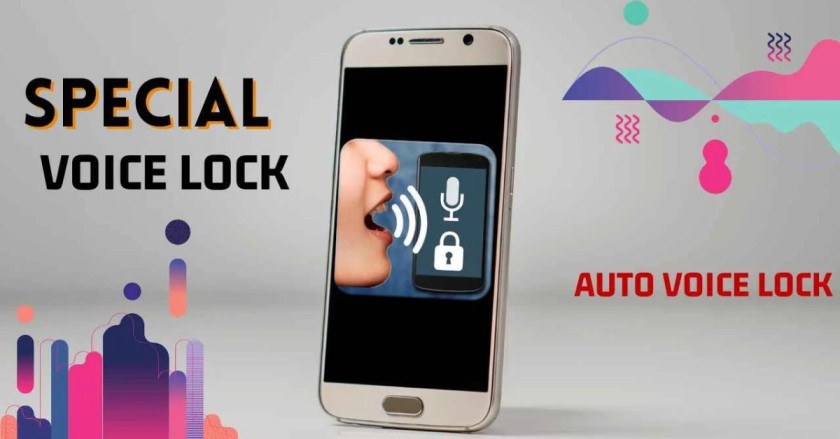Review of Special Lock – Voice Screen Lock App: As smartphones become indispensable in our daily lives, safeguarding the sensitive data they contain has become increasingly crucial. While traditional methods like PIN codes and fingerprint locks have served their purpose, the emergence of voice screen lock apps presents a novel solution. In this article, we explore the features, advantages, drawbacks, user experience, and privacy implications of one such app – Special Lock.
Understanding Voice Screen Lock Apps:
A voice screen lock app utilizes voice recognition technology to unlock smartphones, offering a convenient alternative to PIN codes or biometric data. Special Lock distinguishes itself with its advanced features designed to prioritize security and user convenience. Its sophisticated voice recognition ensures reliable authentication, while customizable settings cater to individual preferences. Moreover, its compatibility across a wide range of devices enhances accessibility.
Pros of Special Lock:
Special Lock excels in enhancing security through its robust voice recognition technology, making unauthorized access more challenging. Its seamless operation allows effortless unlocking with just a user’s voice, benefiting individuals with disabilities or those preferring non-traditional methods. Accessibility features further enhance its usability, appealing to a diverse user base.
Cons of Special Lock:
Despite its merits, Special Lock has limitations. Like any security measure, it isn’t foolproof and may have vulnerabilities exploitable by attackers. Additionally, reliance solely on voice recognition poses risks of false positives, especially in noisy environments. Moreover, it may consume more battery due to continuous microphone monitoring.
User Experience:
User feedback on Special Lock is predominantly positive, highlighting its ease of installation and intuitive interface. Setting up is straightforward, with quick voiceprint enrollment. Once configured, it seamlessly operates in the background, maintaining security without disrupting user experience. High accuracy rates, even in challenging conditions, attest to the reliability of Special Lock’s technology.
Comparison with Other Lock Methods:
Compared to traditional methods like PIN codes or fingerprints, Special Lock offers distinct advantages. Its voice recognition offers secure authentication, eliminating the risk of forgetting or observing codes. Furthermore, it’s hygienic and suitable for various environments without requiring physical contact.
Maximizing Security:
Users can enhance security by creating strong voice passwords, updating the app regularly, and implementing additional measures like two-factor authentication.
Privacy Considerations:
Privacy concerns regarding voiceprint storage and usage are addressed by encrypting data locally on the device. However, users should review privacy policies and exercise caution when granting permissions.
Future Developments:
Voice recognition technology is expected to advance further, improving accuracy, reliability, and integration with IoT devices.
Conclusion:
Special Lock presents an innovative solution for smartphone security, combining advanced features with user-friendly design. While considerations exist, its benefits outweigh risks for many users. As voice recognition evolves, it promises to redefine smartphone security, offering convenience and peace of mind globally.










